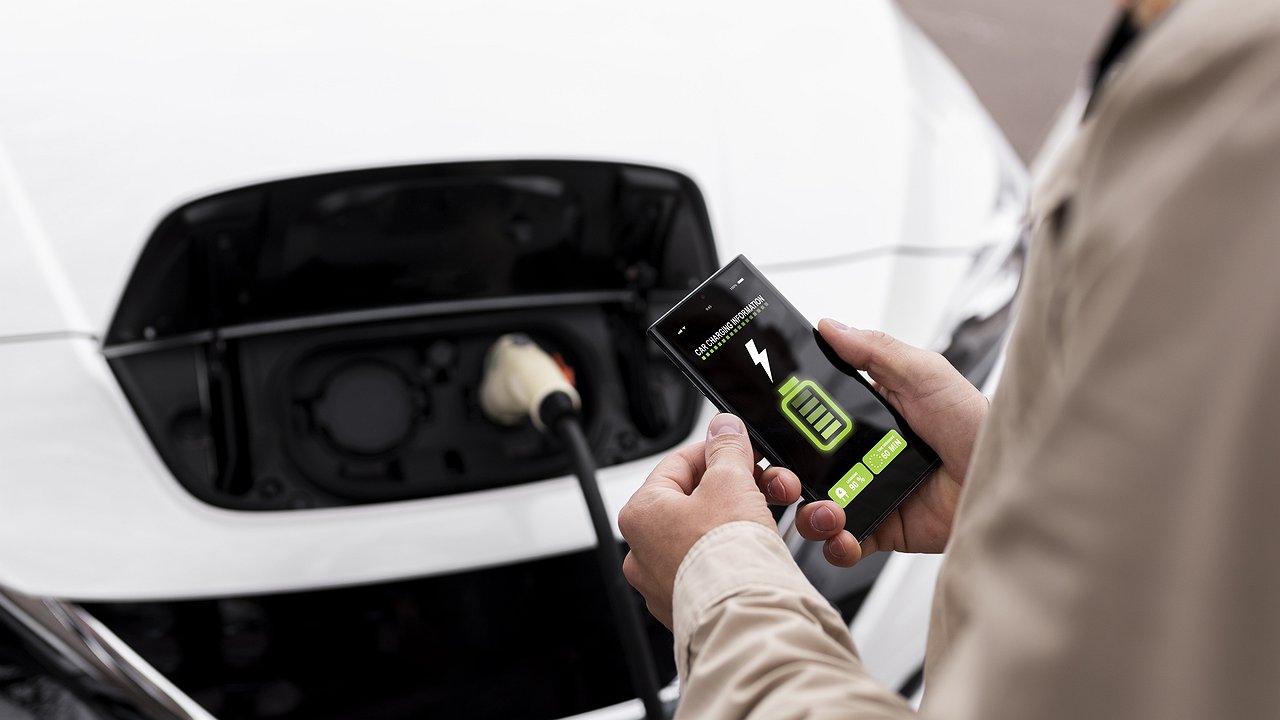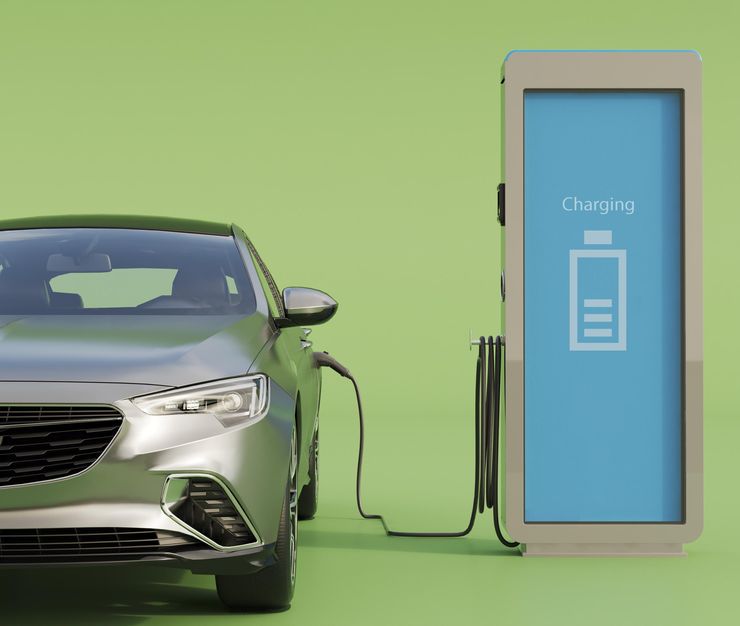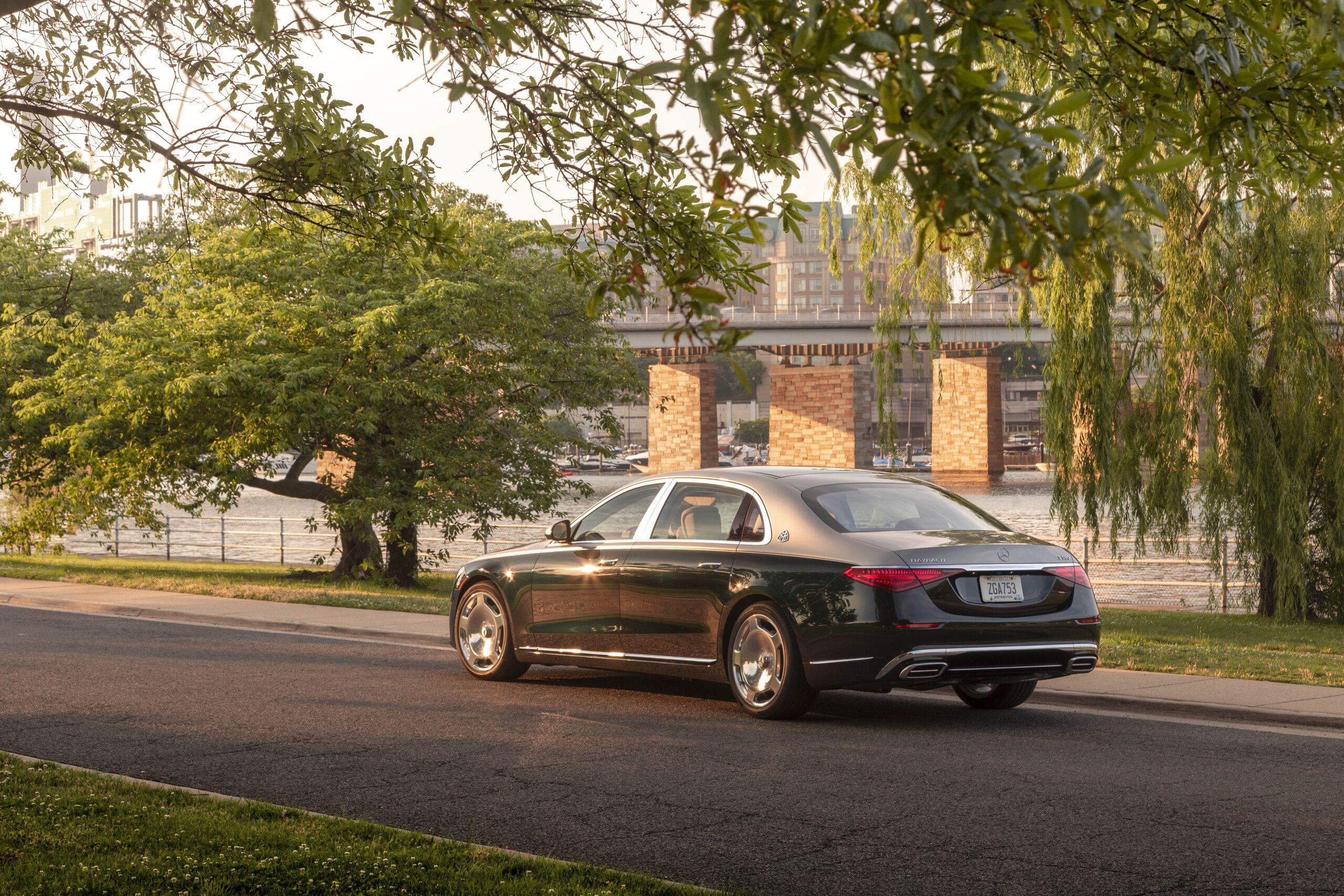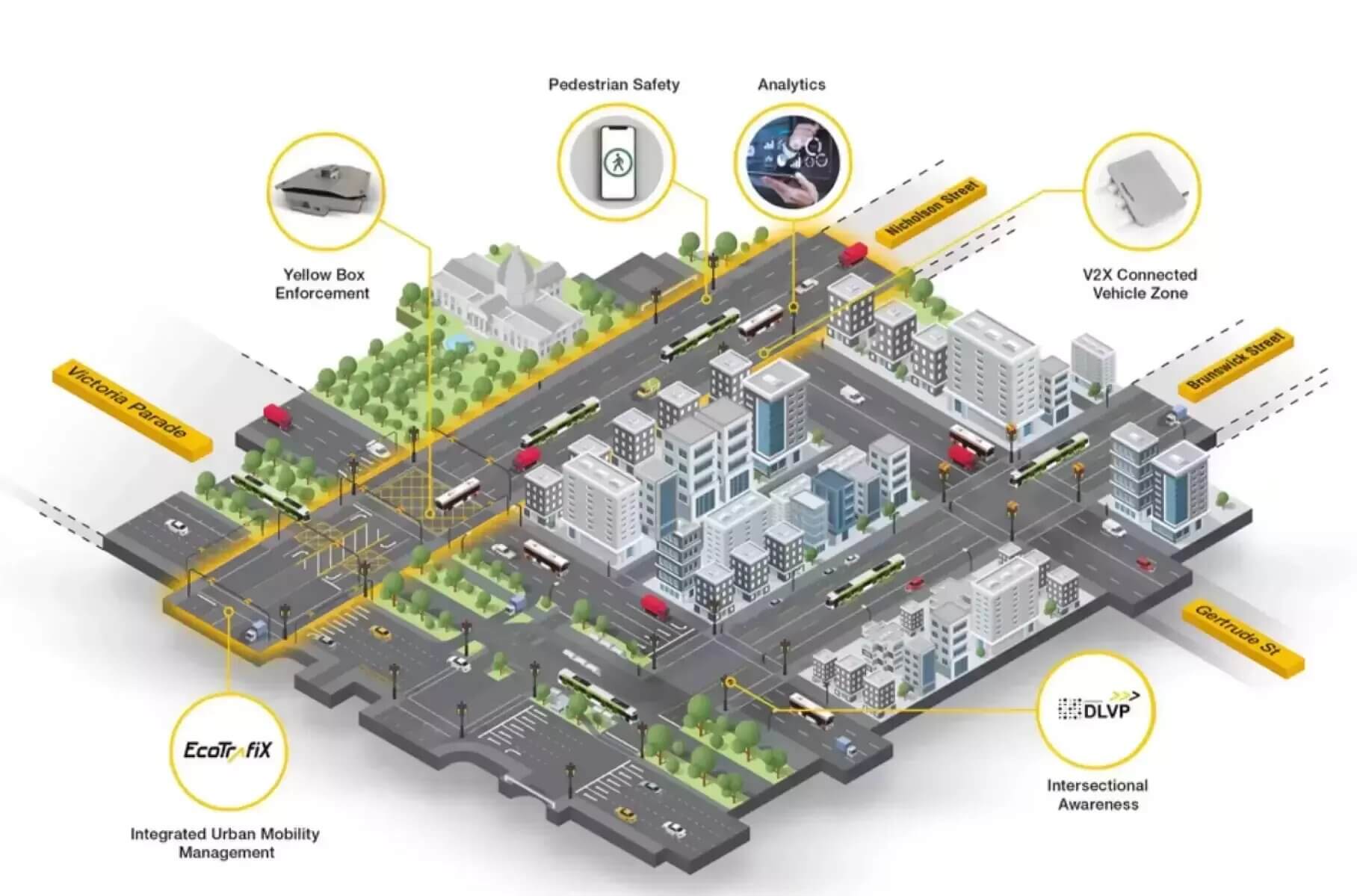At his first official press conference, the new president of the ROAD, Alexei Podshchekoldin, expressed serious doubts about the electric future of the Russian fleet. He is convinced that the country’s mobility should be based on traditional vehicles, although it is necessary to develop a “green” direction, especially in megacities. But in the form of public transport: the same shared cars and taxis.
According to the president of ROAD, even in the United States, where some 250 million cars “ride” on the road, only 3% are “train”. And even then, 37% of “green” vehicle sales fall in a single state – California. And to compare the levels of infrastructure development? For example, in Bryansk, where Mr. Podshchekoldin does business, there is only one charging station, which only confirms the doubtfulness of the electrification of the Russian fleet.
Meanwhile, in the plans of our authorities – in 10 years to bring the share of “trains” to 50%. In addition, it was assumed that they would occupy at least 10% of the park within almost 5 years. However, Mr. Podshchekoldin reminded, if we imagine that the average electric car produces 100 horsepower. Of. or 74 kW, then the appearance of about 4 million “battery-powered” cars will simply bring down our energy industry. After all, electric cars will then account for half of the energy generated.
Other reasons for using electric vehicles should not be forgotten. The best option is when they “eat” clean, “green” energy, and our share of it is no more than 18%. The rest is coal, fuel oil and so on. So what then, you ask, is the point of the nation’s mass transition to electric cars?
Another thing is that today Russia itself cannot produce internal combustion engines. What to talk about if we don’t even have our own automatic transmission? And we must not forget that there are only four primitive Russian large car companies left in the country. Moskvich and Evolute joined them last year, but their turnover, Aleksey Podshchekoldin stressed, is leaning towards zero. But 15 new Chinese brands have appeared in Russia, most of which, it should be noted, sell cars with internal combustion engines.
The chance that we can really provide ourselves with cars – cars that would be produced in Russian factories – is extremely small. Suffice it to say that in Soviet times we had about 400 companies producing auto parts. Now there are less than 200, and not all of them work.
Meanwhile, electric trains are simpler from a technical point of view – they don’t need the same gearboxes, for example. Apparently, this is precisely why the Russian authorities place so much hope in the “green” mode of transport. Although this hope is rather utopian.
According to the president of ROAD, even in the United States, where some 250 million cars “ride” on the road, only 3% are “train”. And even then, 37% of “green” vehicle sales fall in a single state – California. And to compare the levels of infrastructure development? For example, in Bryansk, where Mr. Podshchekoldin does business, there is only one charging station, which only confirms the doubtfulness of the electrification of the Russian fleet.
Meanwhile, in the plans of our authorities – in 10 years to bring the share of “trains” to 50%. In addition, it was assumed that they would occupy at least 10% of the park within almost 5 years. However, Mr. Podshchekoldin reminded, if we imagine that the average electric car produces 100 horsepower. Of. or 74 kW, then the appearance of about 4 million “battery-powered” cars will simply bring down our energy industry. After all, electric cars will then account for half of the energy generated.
Other reasons for using electric vehicles should not be forgotten. The best option is when they “eat” clean, “green” energy, and our share of it is no more than 18%. The rest is coal, fuel oil and so on. So what then, you ask, is the point of the nation’s mass transition to electric cars?
Another thing is that today Russia itself cannot produce internal combustion engines. What to talk about if we don’t even have our own automatic transmission? And we must not forget that there are only four primitive Russian large car companies left in the country. Moskvich and Evolute joined them last year, but their turnover, Aleksey Podshchekoldin stressed, is leaning towards zero. But 15 new Chinese brands have appeared in Russia, most of which, it should be noted, sell cars with internal combustion engines.
The chance that we can really provide ourselves with cars – cars that would be produced in Russian factories – is extremely small. Suffice it to say that in Soviet times we had about 400 companies producing auto parts. Now there are less than 200, and not all of them work.
Meanwhile, electric trains are simpler from a technical point of view – they don’t need the same gearboxes, for example. Apparently, this is precisely why the Russian authorities place so much hope in the “green” mode of transport. Although this hope is rather utopian.
Source: Avto Vzglyad
Donald Salinas is an experienced automobile journalist and writer for Div Bracket. He brings his readers the latest news and developments from the world of automobiles, offering a unique and knowledgeable perspective on the latest trends and innovations in the automotive industry.














